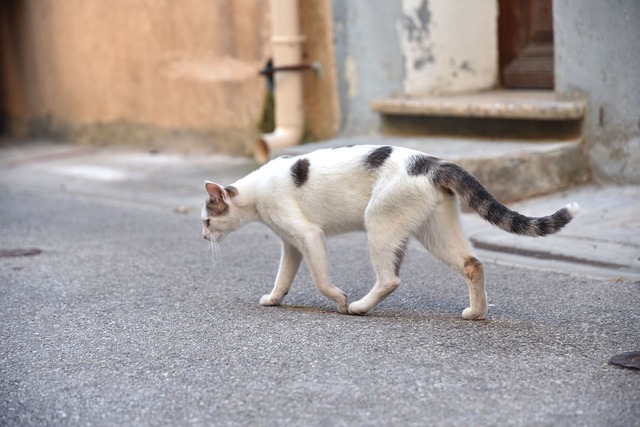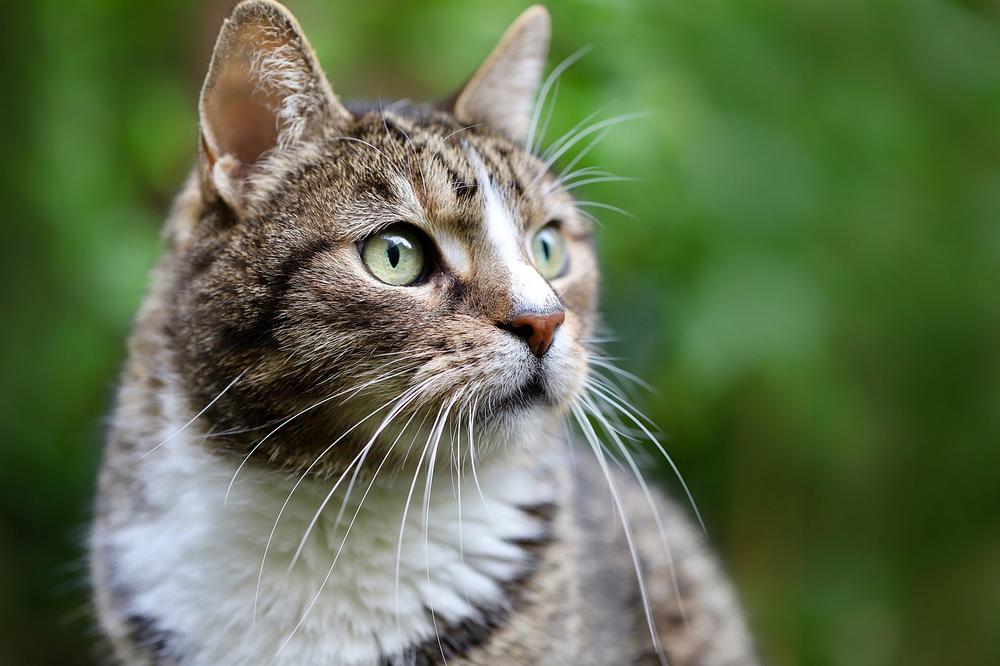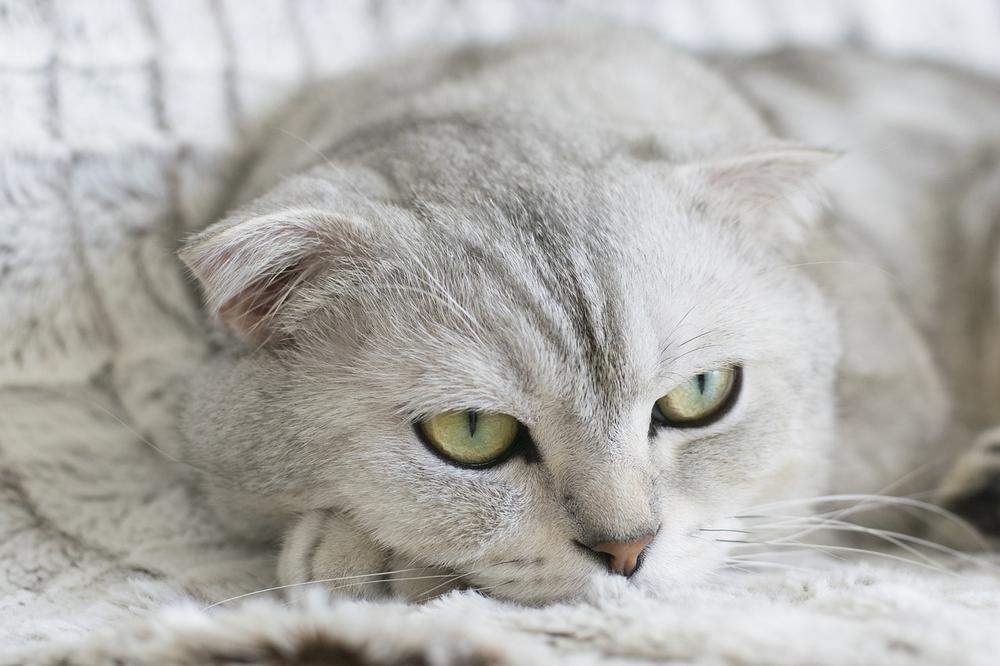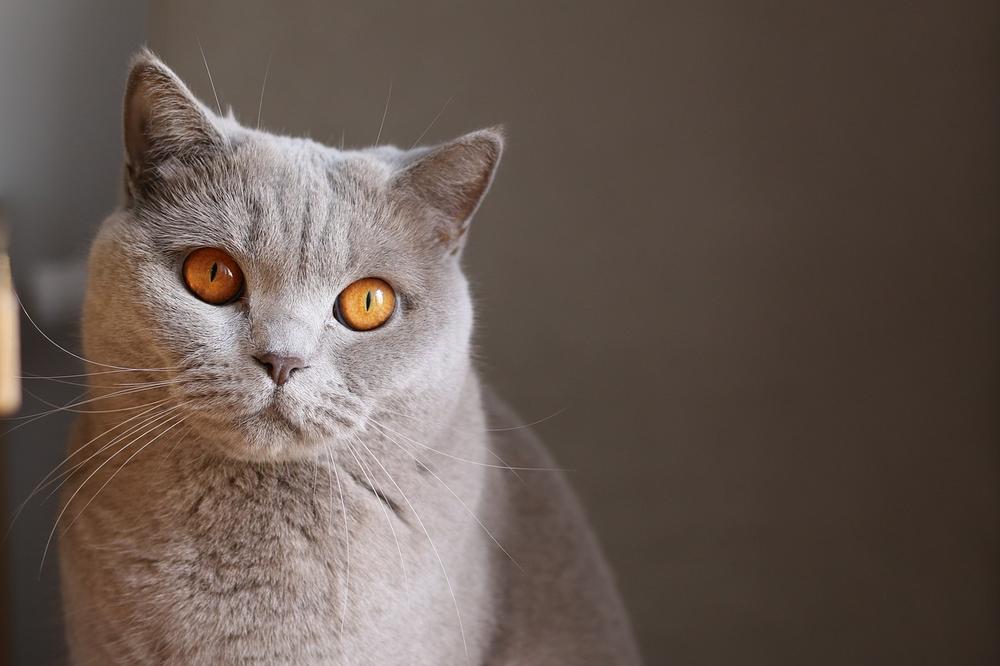Do Cats Run Away to Die? (Where Do Cats Hide When Dying?)

Do you ever feel an unsettling ache in your gut?
The kind that overpowers your thoughts and tugs at your heartstrings? 😍
It's like a thunderstorm brewing, and you can't help but wonder - do cats sense that same impending storm?
And do they run away?
Keep reading to find out.
Why Do Cats Run Away From Home to Die?
Cats may run away from home to die due to their instinctual need for privacy and to avoid leaving a scent that could attract predators. They also seek a safe and calm space to rest and recuperate when sick or injured, sparing their owners from heartache.
It's a tough subject, but let's dig into why cats run away from home to die.
Cats might have an instinct.
Yep, it's in their nature to find a hidden spot away from home when they know their time is near.
You see, they wanna avoid leaving any scent behind that could attract some dangerous predators.
Now, here's another thing.

Cats do this because they're instincts tell them they're weak and vulnerable, so finding a safe place away from threats sounds like a good plan A for resting in peace.
By the way, cats are clever creatures.
They run away not only to preserve energy but also to unwind and relax before their final sleep.
Why would they go through all of this?
Well, cats seem to prefer privacy, wanting this experience away from our prying eyes to spare us heartache.
Some cats may even bolt away for another reason - they need that calm space to recuperate or lick their wounds when they're sick or injured.
So remember, if you ever witness your fur friend disappearing without a trace, chances are they just want some quiet time alone.
Main points I'll expand upon further down this article:
- Cats typically prefer to stay close to home when they are sick or dying.
- They seek hiding spots near their homes for comfort and protection.
- Indoor cats may find solace in cool and dark places indoors.
- Some outdoor cats may rest in a secure location for days before peacefully passing away in their sleep.
- Cats exhibit signs of approaching death such as sleeping more and moving around less.
- Changes in behavior, breathing, appetite, and appearance can indicate a cat is nearing the end of its life.
- Veterinary oversight is crucial in identifying and treating illness in cats.
- Cats instinctively isolate themselves when they are unwell for solitude and a peaceful environment.
- Cats may have a sense of sickness and weakness but it is unclear if they comprehend their own mortality.
- Talk to a vet to ensure your indoor cat's comfort and offer love and support during this time.
Do Cats Run Away When They Are About to Die?
Cats, these mysterious creatures, don't normally dash away when facing their final moments. No, indeed.
But maybe they do feel a subtle uneasiness lingering inside them, causing them to pace back and forth before departing our world.

However, contrary to what you might expect, most cats opt for the familiarity of their surroundings during their impending end.
They won't venture too far from home, no siree.
Instead, they'll search for a tranquil corner within their trusted territory where they can find solace and take their leave in peace.
Where Do Cats Go to Die Outside?
When cats are about to kick the bucket, they usually pick specific spots to shuffle off this mortal coil.
Now here’s a list of 10 popular spots where cats like to make their final meow:
- You can find them chilling under bushes or thick plants.
- They might tuck themselves away behind shrubs or bushes by their homes.
- Cats sometimes slip under cars or vehicles.
- Indoors, they tend to curl up in cool and dark places.
- In garages or sheds, you'll likely find them hiding in nooks and crannies.
- If there's a crawl space or basement nearby, chances are that's where they'll go.
- Look beneath decks or porches – it's a favorite cat hangout spot.
- Soft soil or sand is their burial ground of choice.
- They may want to be close to places with familiar smells, like their favorite sleep spots.
- And finally, they often like to snuggle up near their loved ones.
You should know that every cat has their own preference when it comes to kicking the bucket.
Some cats prefer to go it alone, while others want to be right by your side during their swan song.
Pay attention to how your cat is behaving and ensure to create a calm and cozy environment for them during this sacred time. 😺
Listen closely, because this is the secret sauce: Further down the blog post, I'll reveal what to do if your cat doesn't go outdoors. So keep reading and find out how to best care for your feline companion.
And now, let's delve into the signs that indicate a cat may be approaching its final days and how you can provide the necessary care during this sensitive time...
How to Tell if Your Cat Is Dying
| Behavior | Meaning |
|---|---|
| Increased activity | Cats may have a burst of energy before they pass away, leading them to wander around or explore more. |
| Decreased activity | Cats may become less active and spend more time resting or sleeping as they approach their final days. |
| Hiding | Cats may find secluded spots to hide or seek solitude as they feel vulnerable or unwell. |
| Loss of appetite | Cats may lose interest in food due to various health issues or discomfort, including nearing the end of their life. |
| Seeking comfort | Cats may seek out familiar places or people to find comfort and reassurance during their final days. |
| Changes in vocalization | Cats may meow differently, become quieter or more vocal, or exhibit unusual sounds as their health declines. |
| Changes in litter box habits | Cats may have changes in their litter box habits, such as urinating or defecating outside the box, due to physical discomfort or illness. |
| Roaming tendency | Some cats may have a tendency to wander away from home before they die, possibly seeking a different environment or hiding place. |
| Nocturnal activity | Cats may become more active at night or display restless behavior, potentially due to discomfort or needing attention. |
| Affectionate behavior | Cats may become more affectionate and seek extra attention and physical contact from their owners or caregivers. |
How to Determine if Your Cat Is in the Final Stages of Life
If you're feeling concerned about your cherished cat's well-being and want to know if they might be reaching the end of their lifespan, it's completely understandable. This can be a challenging time for any cat owner.
However, you should remember that I am not a veterinarian, and seeking professional advice is crucial when assessing your cat's health. With that being said, let's delve into some signs that could signify your furry friend is approaching the Rainbow Bridge.
One important aspect to observe is any changes in your cat's physical appearance and behavior.
Have you noticed any difficulty in their breathing?
Are they experiencing rapid weight loss despite having a normal appetite?
Do they appear less interested in playing or moving around?
These are all potential warning signs that something may be seriously awry.
Furthermore, if your feline companion is sleeping more often and displaying decreased energy levels, this too can give cause for concern.
When you notice alterations in your cat's behavior, you should pay attention.
Are they suddenly becoming more reclusive, spending more time alone, or acting distant?

These shifts in behavior can serve as indications that your cat's health is deteriorating.
Nevertheless, bear in mind that cats possess an enigmatic nature, meaning their aloofness does not automatically imply they are on the verge of passing away.
Other possible signs to keep an eye out for include irregular breathing patterns, seizures, disinterest in food, a disheveled appearance, unexplained weight loss, dilated pupils, and sunken eyes.
Conversely, some cats may exhibit an unusually needy or affectionate demeanor as they approach their final days.
It's worth mentioning, however, that each cat is unique, and symptoms may vary from one fluffy ball of fur to another.
Receiving veterinary care is vital for identifying, diagnosing, and treating diseases in cats.
While it's natural to feel the urge to dote on your furry friend during this difficult period, it's best not to disturb them excessively.
Instead, occasional check-ins and providing small amounts of food and water as necessary can offer comfort without causing additional stress.
Please please keep in mind that cats are experts at concealing their pain, which is why professional guidance is paramount for evaluating their health.
Therefore, if you suspect your cat may be nearing the end, do not delay in seeking advice from a veterinarian.
Allow the experts to provide the essential care and support for both you and your beloved feline companion throughout this challenging journey.
And now you may be wondering, if your cat is indeed nearing the end of their life, where do they typically go to find that peaceful and secluded setting?
Why Do Cats Isolate When They Are Unwell?
Here's why cats go into solitude when they're not feeling well:
- They want to avoid anything that may stress them out or disturb their recovery.
- Cats choose peaceful and private places so they can save energy and concentrate on getting better.
- This behavior comes from their survival instincts, helping them handle illness without any interruptions.
- Cats don't leave home specifically to die; instead, they find a secure spot to deal with their health problems.
- They usually stay close to home and hide nearby, showing little interest in socializing.
- Cats search for a calm environment to rest and recharge their energy.
- Isolating themselves serves as a defense mechanism that shields them from potential predators.
- Their main motivation behind this behavior is ensuring their own safety and well-being.
So, the next time you see your furry companion loning it up, keep in mind that it's their way of self-care when they're not feeling their best.
Just give them some space and let them heal peacefully.

So now that you understand why cats isolate themselves when they're unwell, I want to share something with you.
In my article, I address a specific behavior that often leaves cat owners puzzled - why is their cat hiding in the closet? 🐱 If you're curious about this secretive behavior, I highly recommend checking out my article, Why Is My Cat Hiding in the Closet.
It will provide you with valuable insights and guidance on understanding your feline friend's hiding habits.
Do Cats Understand Death?
Cats and their understanding of death
I want to talk to you about whether cats understand death.
You see, cats have certain behaviors that make it seems like they feel a sense of loss when another cat dies.
They might mourn or search for their deceased friend, which suggests some level of understanding.
But we can't say for sure.
Interestingly, cats are said to have a sixth sense.
This means they can detect sickness and weakness in others.
However, we don't know if they can predict death.
After a cat's companion passes away, they may experience pain and exhibit changes in their behavior.
They might seek comfort and security.
But this doesn't necessarily mean they truly comprehend the concept of death.
There are stories out there that suggest some cats grasp the idea of death.
However, there isn't enough scientific evidence to support this claim. We need more empirical studies!
What we do know is that cats can recognize when something is wrong with themselves. But do they actually understand their own demise?
That's still unclear, my friend. We'll have to wait and see.
If My Cat Doesn’t Go Outdoors
Consult a vet for guidance
If you have an indoor cat and you're worried about their well-being as they near the end of their life, it's important that you talk to a veterinarian. They can give you valuable advice on how to make your cat comfortable and ease any pain or discomfort they may be experiencing. Each cat is unique, so the vet will assess your cat's specific needs and guide you accordingly.
Provide love and support
As cats grow older, they may crave more affection and want to be close to you.
At this stage, it's crucial that you pay attention to your cat's needs and offer them plenty of love and support.
Spend quality time with your furry friend, gently stroke them, and create a nurturing environment where they feel safe and cherished.
Enhance your cat's overall well-being
By seeking expert advice from a veterinarian and creating a loving atmosphere, you can greatly improve your indoor cat's well-being in their final days. Cats depend on us to take care of them, especially as they age. So, be there for them, showering them with love, compassion, and ensuring their comfort until the very end.
And that wraps up today's article.
If you wish to read more of my useful articles, I recommend you check out some of these: Why Does My Cat Sit in the Bathtub, Why Do Cats Knock Over Their Food Bowls, Is Purring Involuntary in Cats, Should I Adopt a Declawed Cat, and Do Kittens Bite When Teething
Talk soon,
-Sarah Davis